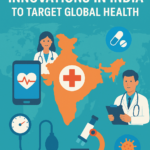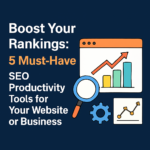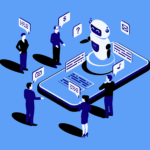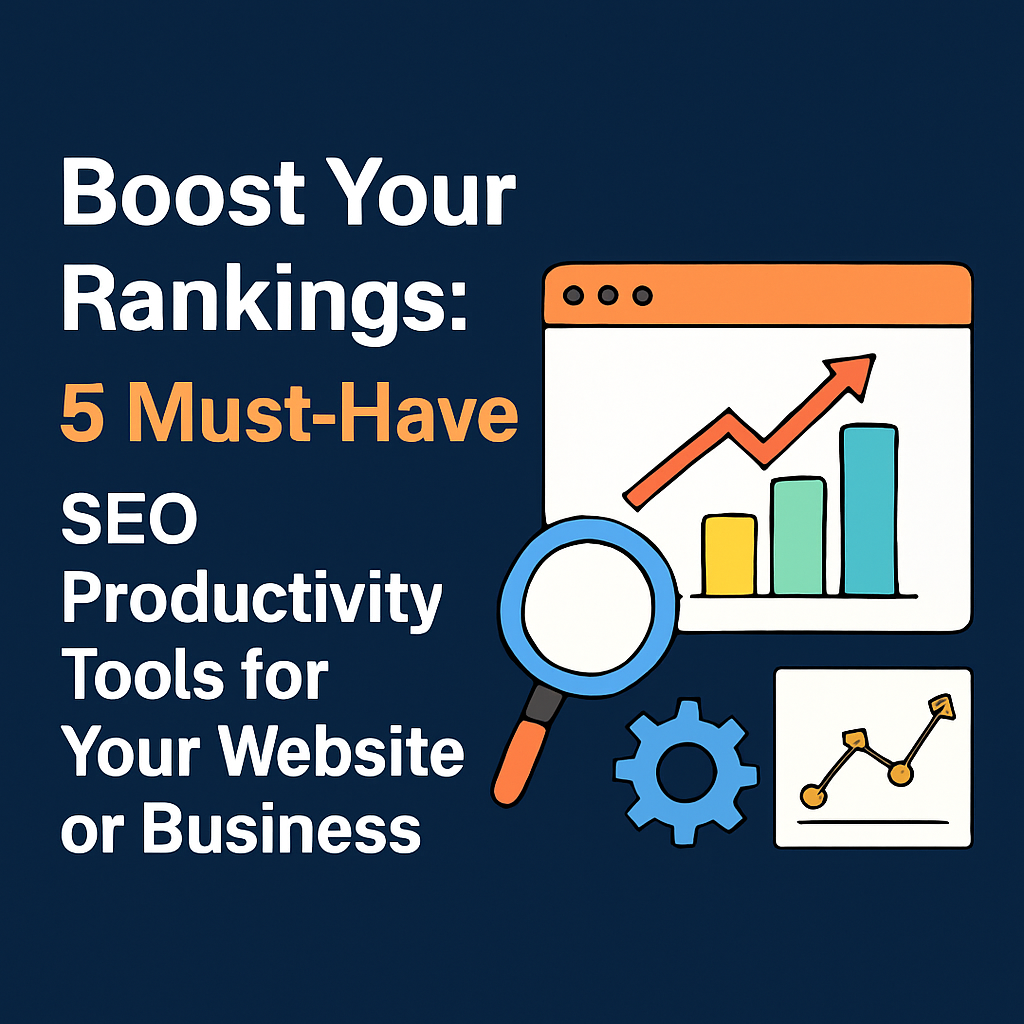In recent years, Artificial Intelligence (AI) has made waves across nearly every industry. But among all its applications, AI’s impact on healthcare has been the most revolutionary. As we move through 2025, AI continues to transform the way we diagnose diseases, manage patient care, conduct research, and improve operational efficiency in hospitals and clinics.
In this blog, we’ll explore how AI is reshaping healthcare—its benefits, challenges, real-world applications, and what the future holds.
What is AI in Healthcare?
Artificial Intelligence in healthcare refers to the use of algorithms, machine learning models, and data-driven technologies to replicate or enhance human intelligence in medical processes. From reading X-rays to predicting patient outcomes, AI is making healthcare faster, smarter, and more accessible.
Key Areas Where AI is Making a Difference
1. Early Disease Detection and Diagnosis
AI algorithms can analyze large volumes of medical data to detect diseases at earlier stages. For example:
-
Cancer detection: AI tools like Google’s DeepMind can identify breast cancer in mammograms more accurately than some radiologists.
-
Cardiovascular risks: AI models predict heart attacks by analyzing patterns in ECGs and blood tests.
2. Personalized Treatment Plans
AI enables precision medicine by analyzing genetic data, lifestyle habits, and clinical history to recommend personalized treatments. This is especially useful in:
-
Oncology
-
Rare diseases
-
Chronic illness management
3. Virtual Health Assistants
AI-powered chatbots and virtual assistants (like Babylon Health or Ada) help patients:
-
Book appointments
-
Get medication reminders
-
Receive basic health advice
This reduces the burden on healthcare staff and improves accessibility.
4. Medical Imaging and Radiology
AI tools can scan and interpret X-rays, MRIs, and CT scans in seconds, detecting abnormalities faster than human radiologists in many cases. Companies like Aidoc and Zebra Medical Vision are leading this transformation.
5. Predictive Analytics
Hospitals now use AI to predict:
-
Patient readmissions
-
Infection risks
-
Emergency room demands
This allows healthcare providers to take preventive actions and optimize resource management.
Real-World Use Cases (2025 Updates)
-
Apollo Hospitals (India): Uses AI for predictive cardiac analytics and AI-based triage in emergency care.
-
Mayo Clinic (USA): Leverages AI to enhance clinical decision-making and improve cancer outcomes.
-
NHS (UK): Uses AI chatbots for triage and post-operative care, reducing wait times by 30%.
Benefits of AI in Healthcare
-
Faster diagnosis & treatment
-
Reduced human errors
-
24/7 patient support
-
Cost-effective healthcare delivery
-
Improved access in remote areas
Challenges and Concerns
While AI has immense potential, it also presents challenges:
-
Data Privacy: Patient data must be securely stored and managed to prevent misuse.
-
Bias in Algorithms: AI models trained on non-diverse data may produce biased results.
-
Lack of Human Touch: AI lacks empathy and emotional intelligence, which are crucial in care.
-
High Implementation Costs: Smaller clinics may find it difficult to adopt AI systems initially.
The Future of AI in Healthcare
By 2030, AI is expected to:
-
Power robotic surgeries with near-zero error rates
-
Enable real-time remote monitoring through wearable tech
-
Facilitate global disease surveillance
-
Accelerate drug development using generative AI models
Governments, startups, and health institutions are heavily investing in AI infrastructure, ensuring that its growth in the healthcare sector is inevitable and expansive.
Conclusion
AI is not replacing doctors—it’s empowering them. By handling data-heavy and repetitive tasks, AI allows healthcare professionals to focus on what matters most: patient care. While there are challenges to address, the benefits are too significant to ignore.
As we move further into 2025 and beyond, AI will not just be a support tool—it will be an essential part of every healthcare journey.









